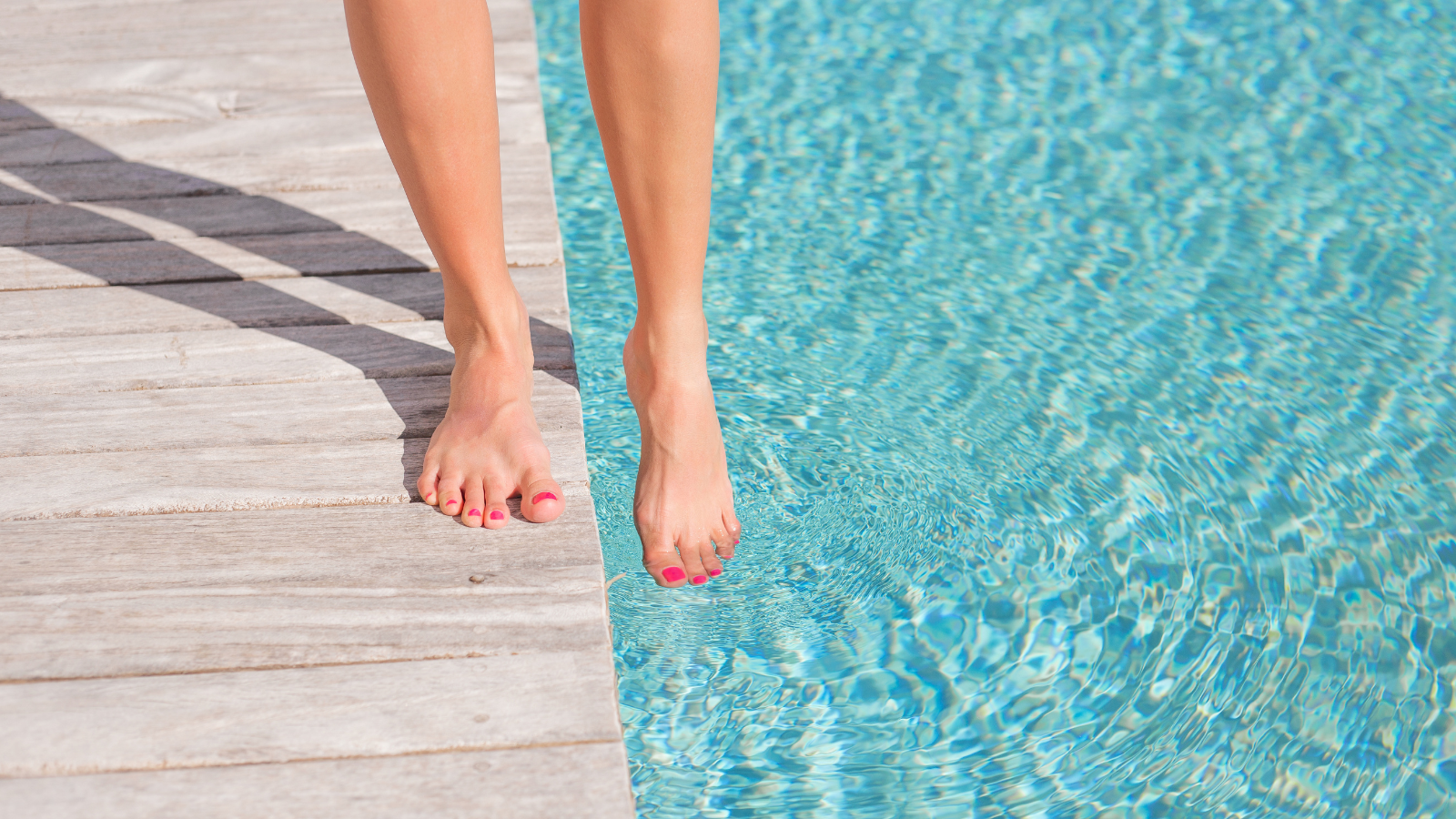
Every spring, our patients come to our practice wanting to make their feet presentable for sandals, holidays, and parties after a long winter of neglect. As feet emerge from months of being stuffed into shoes and boots, it's essential to establish good foot care habits that can prevent problems and keep your feet healthy all year round.
Since proper foot care can prevent many common issues, we’re always eager to offer self-help advice. Here are some top tips to get you started on the road to happier, healthier feet as the warmer (hopefully!) weather approaches.
1. Cut Toenails Properly
Before taking a bath or shower, trim your toenails using nail nippers. We advise against using clippers and nail scissors, as they can be difficult to control and ineffective for very thick or hard nails. Follow the natural shape of your nail, but avoid cutting down the sides to prevent ingrown toenails. Use a large nail file to smooth out sharp corners, ensuring the free end of the nail is level with the tip of your toe. Remember, do not cut your nails too short.
2. Avoid Prolonged Use of Nail Varnish
Leaving nail varnish on for weeks or even months can damage the nail underneath, causing it to become discoloured and unhealthy. Give your nails a break from varnish to allow them to breathe and recover. If your nails are brittle or discolored, apply a nail conditioner after washing to improve their condition.
3. Maintain Proper Skin Care
Healthy skin is vital for comfortable feet. Lightly file dry and cracked skin, especially around the heels, before washing. Avoid harsh ‘cheese grater’ type files as they can tear and damage the skin. After washing, dry your feet thoroughly and apply a moisturising heel balm daily to keep the skin soft and supple.
4. Address Foot Issues Promptly
If you have corns, calluses, athlete’s foot, verrucae, or cracked heels, it’s beneficial to book an appointment. These conditions can worsen if not properly managed, and we can assess underlying causes, provide treatment, and offer advice on self-help and long-term management.
5. Regular Foot Inspections
Check your feet regularly for any signs of problems such as blisters, cuts, or infections. Early detection allows for prompt treatment, preventing minor issues from becoming major problems.
6. Wear Appropriate Footwear
As you switch to summer footwear, choose well-fitting sandals that provide support and avoid flip-flops that can lead to foot pain and injuries. Make sure your summer shoes are comfortable and suited to your activities to keep your feet healthy and pain-free.
We offer a special service where we can demonstrate proper foot care techniques using recommended instruments and products. Taking care of your feet is a year-round responsibility. If you have any concerns or need personalised advice, please do not hesitate to contact us.

